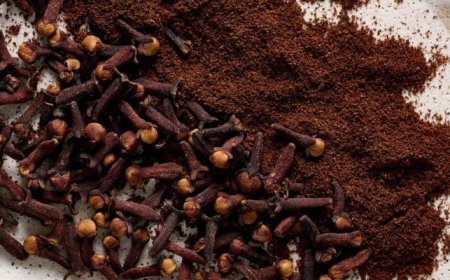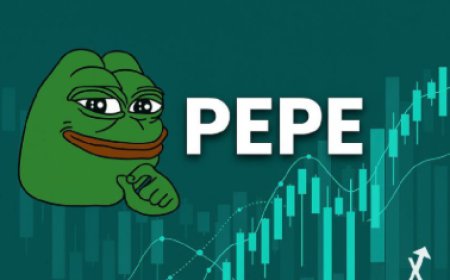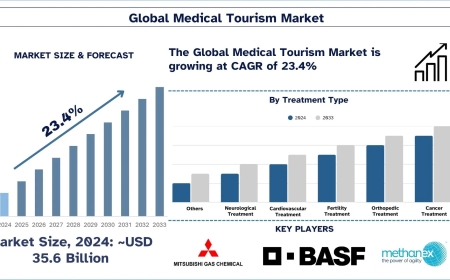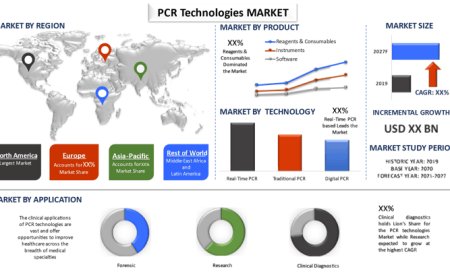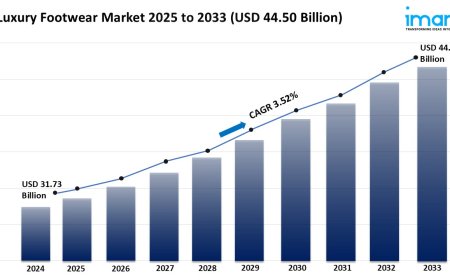Fava Beans Market Size, Share, and Growth Analysis 2025-2033
The global fava beans market size reached 9.3 Million Tons in 2024. Looking forward, IMARC Group expects the market to reach 12.9 Million Tons by 2033, exhibiting a growth rate (CAGR) of 3.52% during 2025-2033.

Market Overview:
The fava beans market is experiencing rapid growth, driven by rising demand for plant-based proteins, health and wellness trends, and sustainable agriculture practices. According to IMARC Group's latest research publication, "Fava Beans Market: Global Industry Trends, Share, Size, Growth, Opportunity and Forecast ?2025-2033?", The global fava beans market size reached9.3Million Tonsin2024. Looking forward, IMARC Group expects the market to reach12.9Million Tonsby2033, exhibiting a growth rate(CAGR) of3.52%during2025-2033.
This detailed analysis primarily encompasses industry size, business trends, market share, key growth factors, and regional forecasts. The report offers a comprehensive overview and integrates research findings, market assessments, and data from different sources. It also includes pivotal market dynamics like drivers and challenges, while also highlighting growth opportunities, financial insights, technological improvements, emerging trends, and innovations. Besides this, the report provides regional market evaluation, along with a competitive landscape analysis.
Grab a sample PDF of this report: https://www.imarcgroup.com/printed-sensor-market/requestsample
Our report includes:
- Market Dynamics
- Market Trends And Market Outlook
- Competitive Analysis
- Industry Segmentation
- Strategic Recommendations
Growth Factors Driving the Fava Beans Industry
- Rising Demand for Plant-Based Proteins:
People are increasingly turning to plant-based diets, and fava beans are a big winner here. Packed with protein, fiber, and nutrients, theyre a go-to for vegans, vegetarians, and health-conscious eaters. The global plant-based protein market is booming, with fava beans playing a key role due to their versatility in products like meat substitutes and protein powders. For example, companies like Puris are expanding fava bean protein production, with their facility in Minnesota processing thousands of tons annually to meet demand. This surge is also fueled by growing awareness of sustainability, as fava beans require less water and land compared to animal-based proteins. Government initiatives, like the USDAs support for sustainable crops, further boost farmers interest in growing fava beans to meet this demand.
- Health and Wellness Trends:
Fava beans are riding the wave of the health and wellness craze. Theyre naturally gluten-free, rich in iron, and great for gut health, making them a favorite for consumers seeking functional foods. Studies show fava beans can help manage blood sugar and improve digestion, appealing to those with specific dietary needs. Major food brands like Banza are incorporating fava bean flour into pasta and snacks, with their products now in over 10,000 stores worldwide. Governments are also stepping inCanadas Protein Industries Canada program funds fava bean processing to promote healthier food options. This focus on nutrition is driving sales, especially in supermarkets and online platforms, where fava bean-based products are seeing double-digit growth in consumer purchases, reflecting their rising popularity.
- Sustainable Agriculture Practices:
Fava beans are a darling of sustainable farming, and thats a huge driver for their industry. They naturally fix nitrogen in the soil, reducing the need for chemical fertilizers and supporting eco-friendly agriculture. This makes them a favorite for farmers looking to rotate crops sustainably. Programs like the EUs Common Agricultural Policy incentivize farmers with subsidies to grow legumes like fava beans, boosting production across Europe. Companies like Hodmedods in the UK are sourcing fava beans from local farmers, selling over 50,000 units of fava bean products yearly. This push for sustainability aligns with consumer demand for environmentally friendly foods, driving market growth as retailers stock more fava bean-based goods to meet eco-conscious shoppers needs.
Trends in the Global Fava Beans Market
- Growth of Fava Bean-Based Snacks:
Snacking is getting a healthy makeover, and fava beans are stealing the spotlight. Roasted fava beans and fava bean flour-based snacks are popping up everywhere, from grocery shelves to vending machines. Brands like Harvest Snaps are seeing huge success, with their fava bean snacks available in over 20,000 stores globally and sales growing steadily. These snacks are marketed as high-protein, low-fat alternatives to traditional chips, appealing to health-conscious millennials and Gen Z. The trend is also supported by innovations in flavor profiles, like spicy or herb-infused options, making them a hit at food expos. Online retailers report fava bean snacks as a top-selling category, showing how this trend is reshaping snacking habits worldwide.
- Expansion in Nutraceutical Applications:
Fava beans are breaking into the nutraceutical world, thanks to their rich nutrient profile. Theyre being used in supplements and functional foods aimed at boosting immunity and gut health. For instance, companies like Natures Way are developing fava bean-derived protein powders, with their products stocked in major health stores across North America. Research highlights fava beans high folate and antioxidant content, driving their use in capsules and powders for heart health and anti-aging. The global nutraceutical market is seeing fava bean ingredients in over 5% of new product launches, a notable uptick. Government-backed research, like Australias investment in legume health benefits, is further fueling innovation, positioning fava beans as a key player in this growing sector.
- Rise of Online Retail Channels:
Online shopping is changing how fava beans reach consumers, with e-commerce platforms becoming a major sales driver. Supermarkets like Whole Foods and online giants like Amazon report fava bean products, from canned beans to flour, among their top plant-based sellers. Data shows online sales of fava bean-based goods have surged, with platforms like Thrive Market seeing a 30% increase in orders for these products. Small brands like Bobs Red Mill are leveraging social media to promote fava bean flour, driving traffic to their online stores. This trend is amplified by consumer convenience and the rise of subscription models, where companies offer monthly deliveries of fava bean snacks and ingredients, making it easier for buyers to access these products.
Fava Beans Market Report Segmentation:
Breakup By Region:
- North America (United States, Canada)
- Asia Pacific (China, Japan, India, South Korea, Australia, Indonesia, Others)
- Europe (Germany, France, United Kingdom, Italy, Spain, Russia, Others)
- Latin America (Brazil, Mexico, Others)
- Middle East and Africa
China dominates the market due to its large production capacity and the growing domestic consumption of fava beans.
Research Methodology:
The report employs a comprehensive research methodology, combining primary and secondary data sources to validate findings. It includes market assessments, surveys, expert opinions, and data triangulation techniques to ensure accuracy and reliability.
Note: If you require specific details, data, or insights that are not currently included in the scope of this report, we are happy to accommodate your request. As part of our customization service, we will gather and provide the additional information you need, tailored to your specific requirements. Please let us know your exact needs, and we will ensure the report is updated accordingly to meet your expectations.
About Us:
IMARC Group is a global management consulting firm that helps the worlds most ambitious changemakers to create a lasting impact. The company provide a comprehensive suite of market entry and expansion services. IMARC offerings include thorough market assessment, feasibility studies, company incorporation assistance, factory setup support, regulatory approvals and licensing navigation, branding, marketing and sales strategies, competitive landscape and benchmarking analyses, pricing and cost research, and procurement research.
Contact Us:
IMARC Group
134 N 4th St. Brooklyn, NY 11249, USA
Email:sales@imarcgroup.com
Tel No:(D) +91 120 433 0800
United States: +1-631-791-1145












